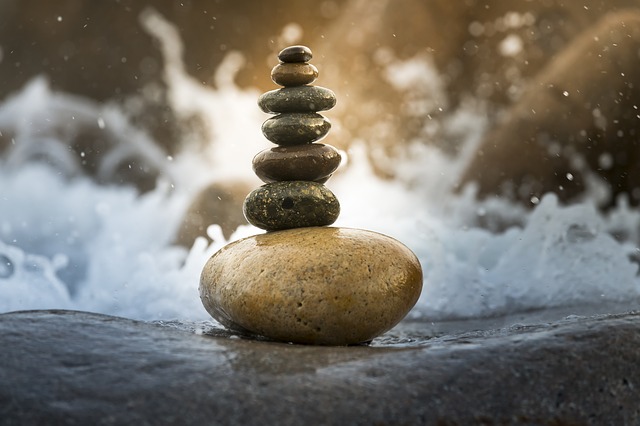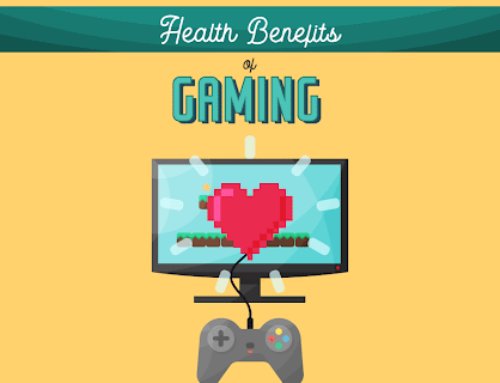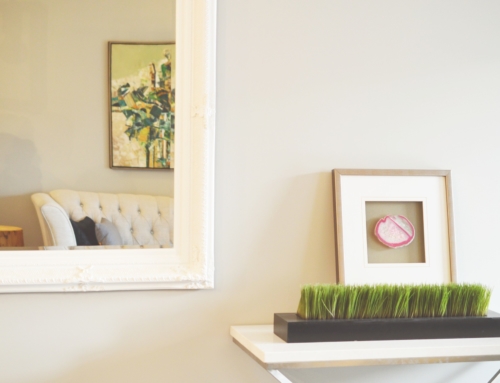Thank you to Alexis from Singleparent.info for being our guest blogger for this week!
Self-care is something most people overlook during the tumultuous daily grind. Between juggling work, kids school and meeting the other demands of single parenthood, it can seem impossible to keep up.
Unfortunately, the toll of overlooking your own self-care needs is your mental health and emotional well-being. Enhancing your self-care routine can be as easy as paying closer attention to how you execute activities that you already do anyway. Here are some tips to help you improve.
Relax. Treating yourself to a massage or practicing yoga or meditation can help significantly with relaxation. If those don’t fit within your budget, focus on things you can do easily without adding cost, since budget constraints are a major stressor in their own right. Try alternatives such as creating a special place in your home to meditate, which can help you relax without taxing your budget or schedule to the point of causing more stress than it relieves.
Simple things such as taking a quick walk, or calling a friend can also add an inexpensive bit of calm to an otherwise hectic day. Whatever you choose, it is important to avoid self-medicating in order to relax, since this can lead to substance abuse and result in more than budgetary consequences.
Reduce stress. Consider things that cause you significant stress and focus on reducing or eliminating them from your day or week when possible. Listing your top five stressors can bring greater awareness to things you may not even know are causing you stress and help you avoid them. If you can’t rid your life of something completely such as a difficult commute to work or a picky eater at home, evaluate the situation for opportunities to improve the circumstances for the better. Being armed with the knowledge that something has a major impact on your mood or peace of mind is its own kind of self-care, but it also enables you to focus on ways to change or improve it so the impact is less when it does happen.
Say no. Saying no can be hard, especially if it is something you think might be fun. Regardless of whether you have a genuine interest or feel a sense of obligation, committing to more activities than your free time allows is the opposite of self-care. Creating pre-canned responses, and knowing how to say no can help you actually say no when the time comes.
It’s also helpful (and fair) to ask a question or two before providing an answer. If someone asks you to do something, have them clarify their expectations so you fully understand what they need from you. Most people will appreciate you declining more than they will appreciate you disappointing them by underperforming.
Sleep more. Finding time to sleep more can seem impossible if you are already struggling to accomplish everything you need to each day. The same can be said for exercising. However, getting enough sleep and staying fit can make you more efficient at nearly everything you do. Having enough energy and stamina to make it through the day will help relieve stress, by improving your mood, enhancing your performance and reducing the overall impact of normal stress triggers. Setting aside an appropriate amount of time for sleeping and exercising is the most important thing you can do for yourself in terms of self-care.
Self-care is not a gift you give yourself. It is an important requirement to help you maintain peak performance in your daily life. Finding time to sleep, exercise correctly and relax are all critical pieces of maintaining optimal wellness. Stress is something that can’t always be avoided, but it can be effectively managed through self-awareness and by saying no to commitments that add unnecessary stress whenever possible. Together these basic practices have positive mental health benefits that cannot be achieved any other way.
Photo Credit: Pixabay.com






Leave A Comment